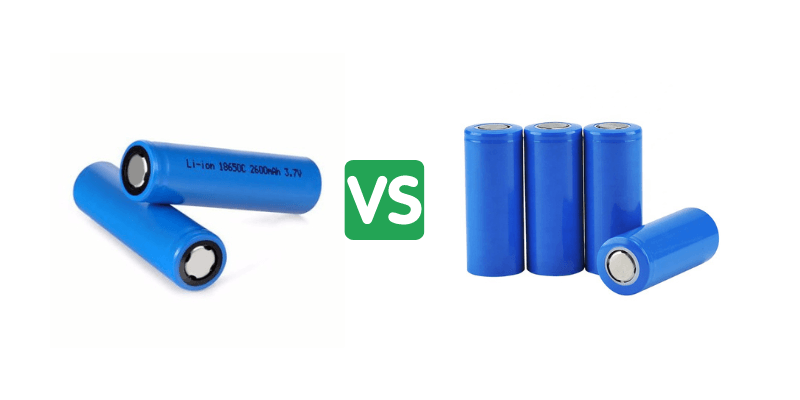Key Takeaways:
- Lithium-ion (Li-ion) and Lithium Iron Phosphate (LiFePO4) batteries differ in safety, materials, energy density, charging/discharging rates, life cycle, storage, and applications.
- Li-ion batteries have higher energy density but require careful handling to prevent thermal runaway.
- LiFePO4 batteries are safer, with a longer life cycle and lower risk of thermal issues, making them suitable for high-temperature environments and portable devices.
Lithium-ion and lithium iron phosphate batteries are two common lithium-based battery types, each with distinct characteristics and safety considerations.
While lithium-ion batteries can be prone to thermal runaway, they can be made safe with proper protection circuits and thermal management. Lithium iron phosphate batteries, often mistakenly called lithium metal batteries, do not actually contain metallic lithium. Instead, they use the more stable lithium iron phosphate cathode material, which is less prone to thermal runaway than the lithium cobalt oxide used in many lithium-ion batteries.
Today let us dip into more content so we can know more about these 2 most popular batteries in the lithium family.
Material
- Cathode: Li-ion batteries use lithium cobalt or manganese oxides, while LiFePO4 batteries feature iron phosphate, which is non-toxic.
- Anode: Both types utilize graphitic carbon electrodes with metallic backing, enhancing conductivity and capacity.
Energy Density
Li-ion (150-220 Wh/kg) surpasses LiFePO4 (90-120 Wh/kg).
Charging Rate & Discharging Rate
- Li-ion: Charges at 0.7C to 1.0C, discharges at 1C, with a nominal voltage of 3.6V.
- LiFePO4: Charges at 1.0C, discharges at 1-25C, with a nominal voltage of 3.2V.
Life Cycle
Li-ion endures 400-1200 cycles, whereas LiFePO4 boasts 2000-8000 cycles.
Long Term Storage
Li-ion has a 300-day shelf life, slightly less than LiFePO4’s 350 days.
Safety
Li-ion batteries can heat up quickly and may experience thermal runaway. LiFePO4 batteries remain cool and are less prone to thermal issues.
Application
- Li-ion: Used in solar energy storage, replacing lead-acid batteries in marine, RV, golf carts, motorcycles, and floor machines.
- LiFePO4: Common in smartphones, laptops, and portable devices, as well as e-mobility applications like e-bikes and e-scooters.
Related Articles:


